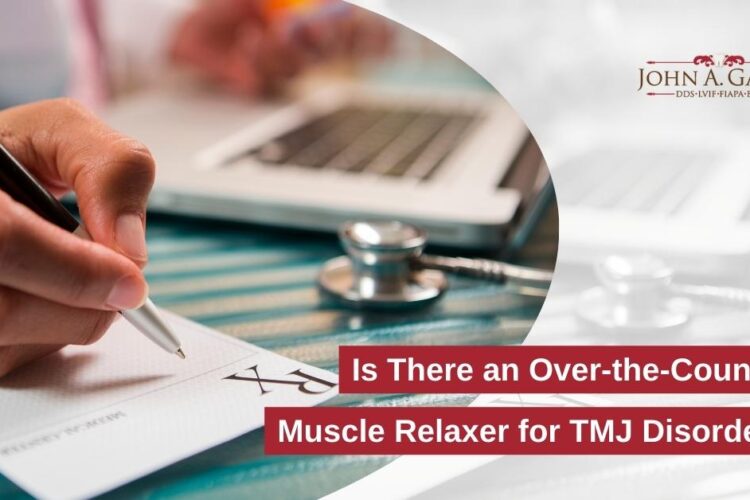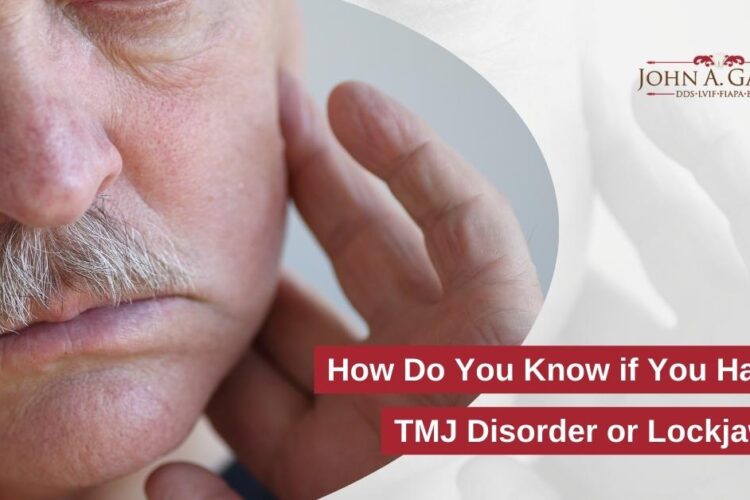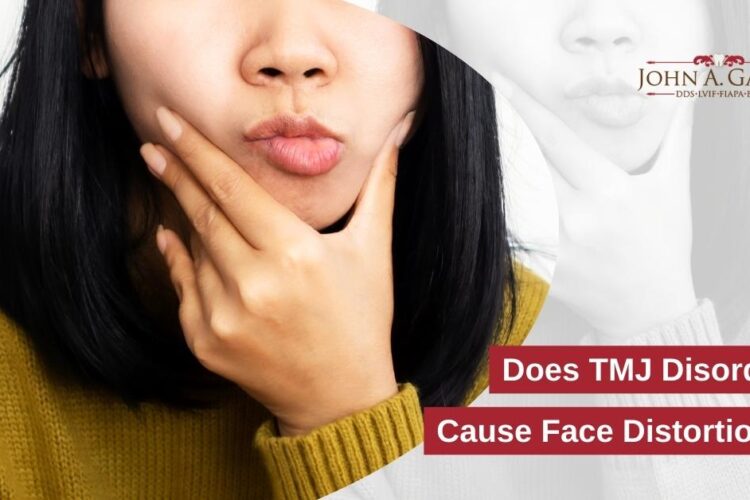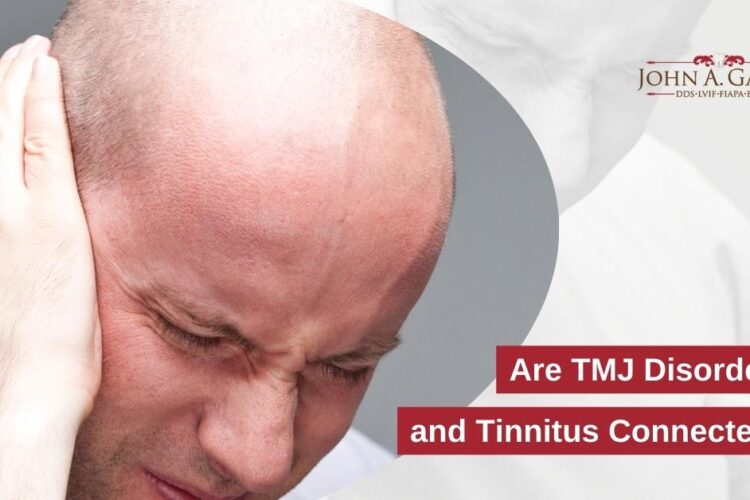Do you suffer from pain, discomfort, or a locked jaw when you talk, chew and yawn? If so, it’s possible that your temporomandibular joint (TMJ) doesn’t function correctly. It is important to understand the TMJ disorder’s symptoms and get an accurate diagnosis if needed. In this blog post, we will discuss how doctors diagnose temporomandibular
read more
Temporomandibular joint (TMJ) issues can result in symptoms ranging from bothersome to excruciating. Such as teeth grinding and arthritis, several conditions may lead to TMJ issues. However, home cures, medicines, and other therapies are available to control TMJ issues. This article will explore medications to relieve TMJ pain, including over-the-counter muscle relaxers. What is
read more
Lymph nodes are a critical element of the lymphatic system. They seek to catch pathogens that would otherwise cause illness. When lymph nodes expand, the body is likely fighting an infection. It is called lymphadenitis. Occasionally, enlarged lymph nodes might signify malignancy, although they are mostly innocuous. Nonetheless, ensure they be seen by a physician
read more
Sore throat and ear pain can sometimes occur at the same time. What causes this? What if you have a sore throat on one side but not the other? How is that possible? Suppose you experience pain in your throat that seems to come and go; it’s possible that you’re suffering from TMJ disorder. This
read more
Do you ever experience pain in your jaw that only happens on one side? If so, you may have TMJ or temporomandibular joint disorder. TMJ is a condition that results from problems with the jaw joint and muscles. While the cause of TMJ is not yet known, it is believed to be caused by various
read more
Dental patients typically refer to the sensation of a stuck jaw as a lockjaw. This is just partially true. The temporomandibular joint is a hinge that joins the temporal bones in front of each ear to the mouth. It allows you to move your jaw vertically and laterally, allowing you to speak, chew, and yawn.
read more
Temporomandibular joint (TMJ) dislocation occurs when the jaw condyle slips forward, displacing its functional position inside the glenoid fossa and posterior articular eminence. This causes acute orofacial discomfort by stretching the facial ligaments and muscles. Dislocations of the TMJ can be either acute or recurring, with each type having distinct causes. Mandibular dislocation typically develops
read more
TMJ (Temporomandibular Joint) disorders can produce facial asymmetry, with or without discomfort. Most of the time, these disorders can be managed without surgery. A bite system imbalance is the cause of TMJ. No coordinated function exists between teeth, jaw joints, and muscles. The imbalance can result in various symptoms, such as jaw pain, headaches, tooth
read more
Patients with tinnitus frequently experience numerous psychological repercussions. Depression is widespread among those with the illness, and many suffer from worry due to hearing difficulties. Tinnitus may be quite distressing. Subjective tinnitus is the perception of disturbing noises that are inaudible to others, such as ringing, buzzing, and humming. This issue is more prevalent as
read more
Pregnant women undergo several changes throughout their pregnancy. They experience several physical and hormonal changes. Their common complaint, for instance, is bleeding gums, which might provide an opportunity for infections. In addition, pregnant women are more susceptible to illnesses since their immune systems are not fully developed. However, pregnant jaw discomfort is likely the issue
read more











